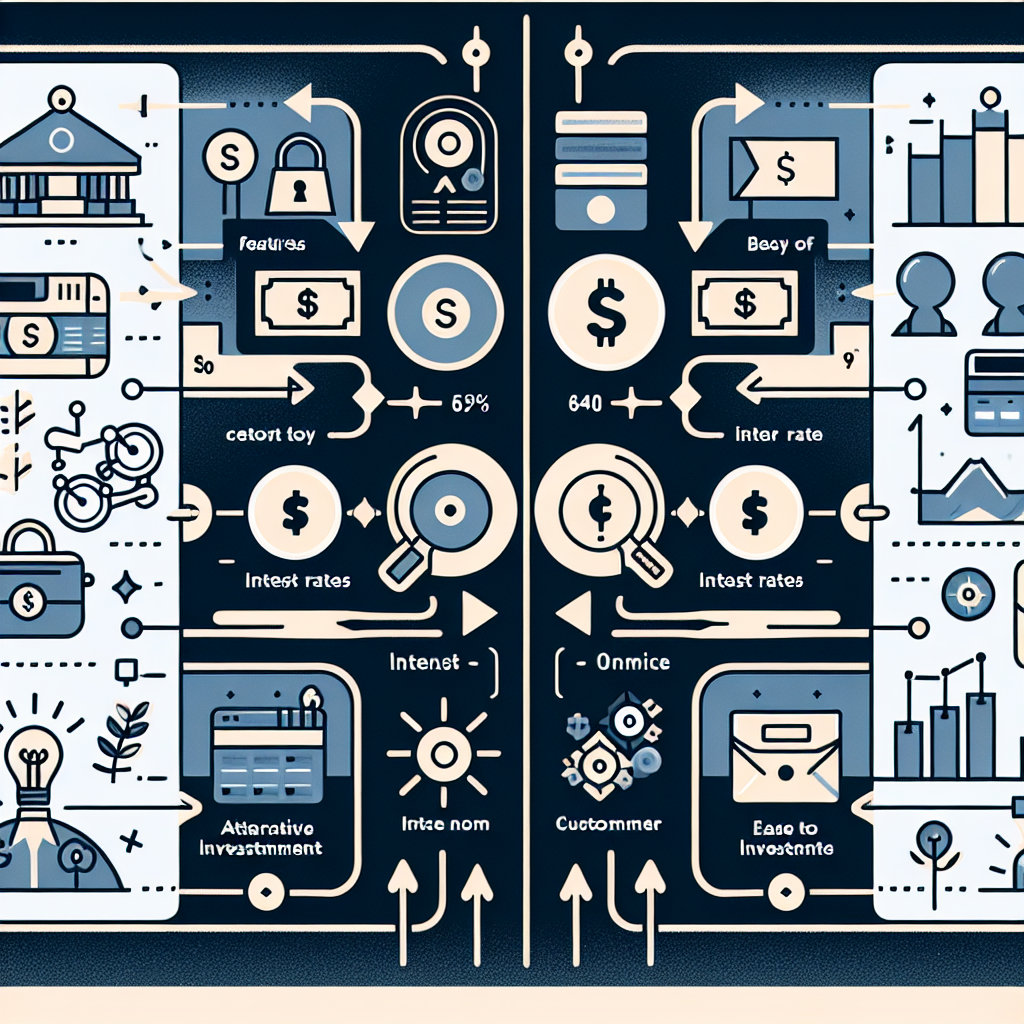Review of Alternative Investment Platforms
As traditional investment avenues become overcrowded and, at times, underperform, the allure of alternative investments has surged. These alternatives promise diversification, potential for higher returns, and lower correlations with mainstream stock and bond markets. However, navigating this space requires insight into the best platforms that offer access to such investments. Here’s a comprehensive review of some notable alternative investment platforms that have been making waves among investors.
YieldStreet
YieldStreet presents an intriguing opportunity for individuals looking to diversify their portfolios beyond traditional stocks and bonds. This platform specializes in alternative assets such as real estate, marine finance, legal finance, and art finance.
Pros:
– Offers investments with potential higher yields than traditional bonds.
– Provides opportunities in assets that are typically not correlated with the stock market.
– Investor dashboard is user-friendly and informative.
Cons:
– Minimum investment amounts can be high, limiting accessibility to some investors.
– Investments are often illiquid, with terms ranging from 6 months to 5 years.
Fundrise
Fundrise is a real estate investment platform that democratizes access to this alternative asset class. It allows individuals to invest in portfolios of real estate assets with relatively small amounts of capital.
Pros:
– Low minimum investment, making it accessible to a broad range of investors.
– Offers transparency with regular updates on the progress of real estate projects.
– Diversification across various types of real estate.
Cons:
– As with many real estate investments, there can be liquidity issues.
– There are fees associated with fund management and advisory services that investors need to be aware of.
Masterworks
Masterworks is a platform that allows investors to buy shares in fine art. This is an exciting opportunity for those interested in diversifying their portfolio by investing in the art market without needing to purchase whole pieces.
Pros:
– Provides access to the high-value art market with a lower investment threshold.
– The platform takes care of all the acquisition, insurance, storage, and eventual sale of the artwork.
– Offers the potential for significant returns, as art can appreciate in value over time.
Cons:
– Art is a highly speculative investment, and returns can be unpredictable.
– Selling shares of art can take time, making it a less liquid investment option.
CrowdStreet
CrowdStreet focuses on commercial real estate investments, offering investors the chance to invest directly in real estate projects not typically available to individual investors.
Pros:
– Direct investment opportunities in commercial real estate projects.
– High potential returns on investments.
– Transparent platform with a wealth of information about each project.
Cons:
– High minimum investments, which could be a barrier to entry for some investors.
– Real estate investments carry risk, including market fluctuations and tenant vacancies.
Conclusion
Alternative investment platforms offer exciting opportunities for investors seeking to diversify their portfolios and potentially enhance their returns. While these platforms open the door to previously inaccessible asset classes, it’s important to consider the unique risks and limitations associated with each. From illiquidity and high minimum investments to the speculative nature of some assets, investors should conduct thorough research and consider their investment goals and risk tolerance before diving into alternative investments.

